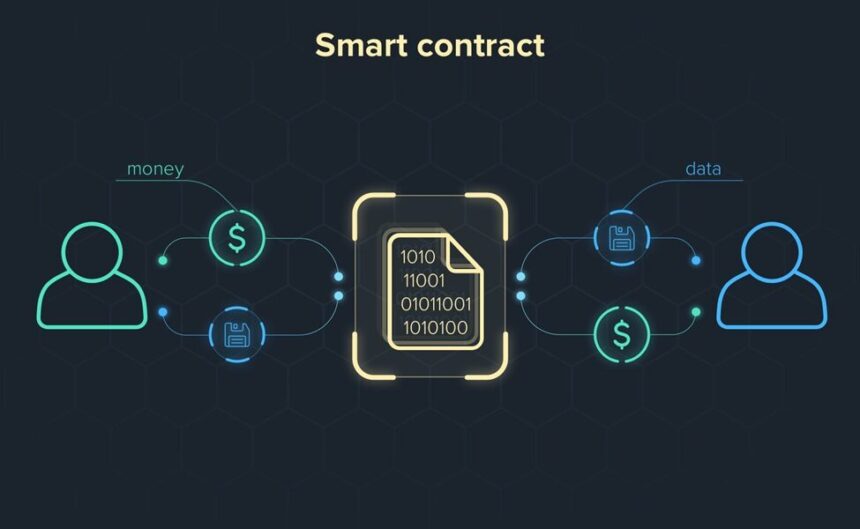Smart contracts, a cornerstone of blockchain technology, have revolutionized the way agreements are executed and managed in a decentralized manner. In this guest article, we will delve into the significance of smart contracts, the role of smart contracts development companies, and the emerging solutions for efficient smart contract management within the dynamic landscape of blockchain, particularly on the Solana blockchain.
Understanding Smart Contracts:
Smart contracts are self-executing agreements with predefined rules encoded on a blockchain. These programmable contracts automatically execute and enforce terms without the need for intermediaries, offering transparency, security, and efficiency. Built on blockchain platforms like Solana, smart contracts streamline various processes, from financial transactions to supply chain management, by ensuring trust and immutability.
The Role of Smart Contracts Development Companies:
Smart contract development companies are instrumental in bringing the potential of blockchain-based smart contracts to fruition. Their expertise lies in coding, auditing, and deploying smart contracts tailored to specific use cases. These companies contribute to the broader blockchain ecosystem by facilitating the seamless integration of smart contracts into decentralized applications (DApps) and blockchain networks.
Key Aspects of Smart Contracts Development:
- Code Security: Ensuring the security of smart contract code through rigorous auditing and testing processes to mitigate vulnerabilities and potential exploits.
- Customization: Tailoring smart contracts to meet the specific requirements of diverse industries, such as finance, healthcare, and logistics, ensuring versatility and applicability.
- Interoperability: Facilitating the integration of smart contracts with existing systems and other blockchain networks to enhance collaboration and compatibility.
As the adoption of smart contracts accelerates, the need for effective smart contract management solutions becomes paramount. These solutions address challenges related to the monitoring, upgrading, and governance of smart contracts throughout their lifecycle. Key aspects include:
- Monitoring and Analytics: Providing tools for real-time monitoring of smart contract performance, execution, and interactions with the blockchain network.
- Upgradeability: Offering mechanisms for safely updating smart contracts without disrupting existing operations, ensuring flexibility and adaptability.
- Governance Protocols: Implementing governance frameworks that enable stakeholders to participate in decision-making processes related to smart contract modifications and network upgrades.
Solana Blockchain Development:
The Solana blockchain, known for its high throughput and low transaction costs, has gained prominence in the realm of smart contract development. Smart contracts on Solana benefit from the platform’s scalability, enabling rapid and cost-effective execution of decentralized applications.
Conclusion:
Smart contracts represent a pivotal advancement in decentralized technology, reshaping the landscape of agreements and transactions. These companies contribute to the broader blockchain ecosystem by facilitating the seamless integration of smart contracts into decentralized applications (DApps) and blockchain networks. Smart contracts development companies, with their specialized knowledge, contribute to the widespread adoption of this transformative technology. As the demand for efficient smart contract management solutions rises, the collaboration between developers, blockchain platforms like Solana, and innovative management tools is key to realizing the full potential of smart contracts in diverse industries. The journey of smart contracts continues to evolve, promising a future where automated, secure, and trustless agreements become an integral part of our decentralized digital ecosystem.








